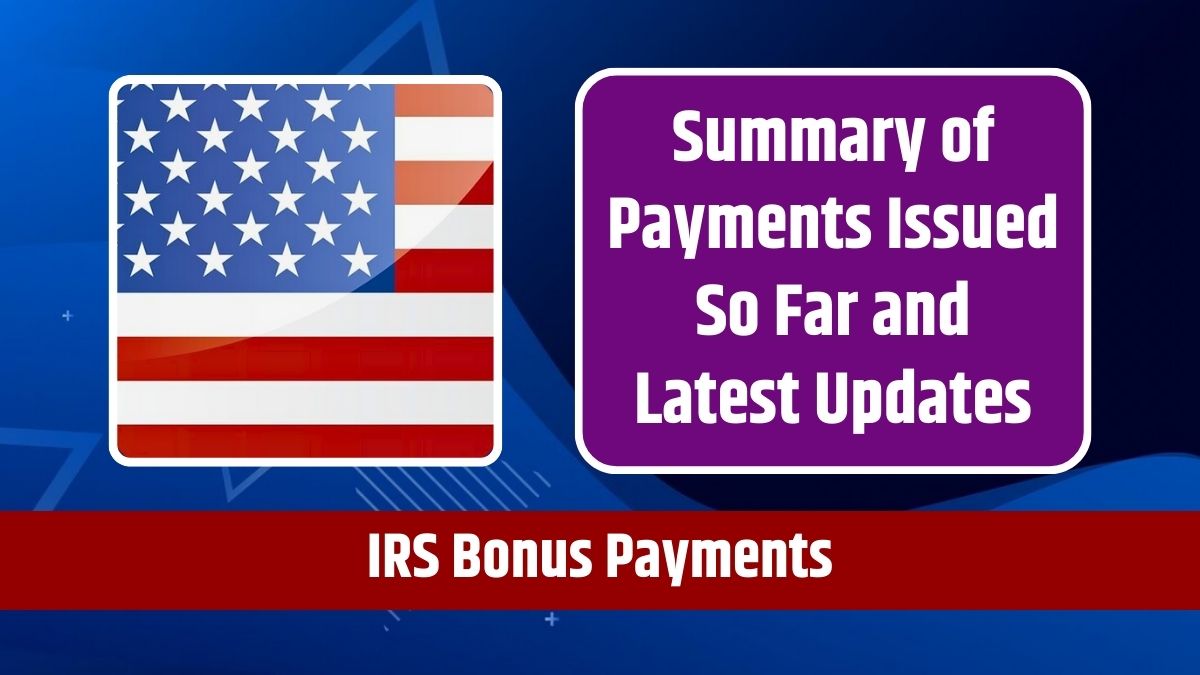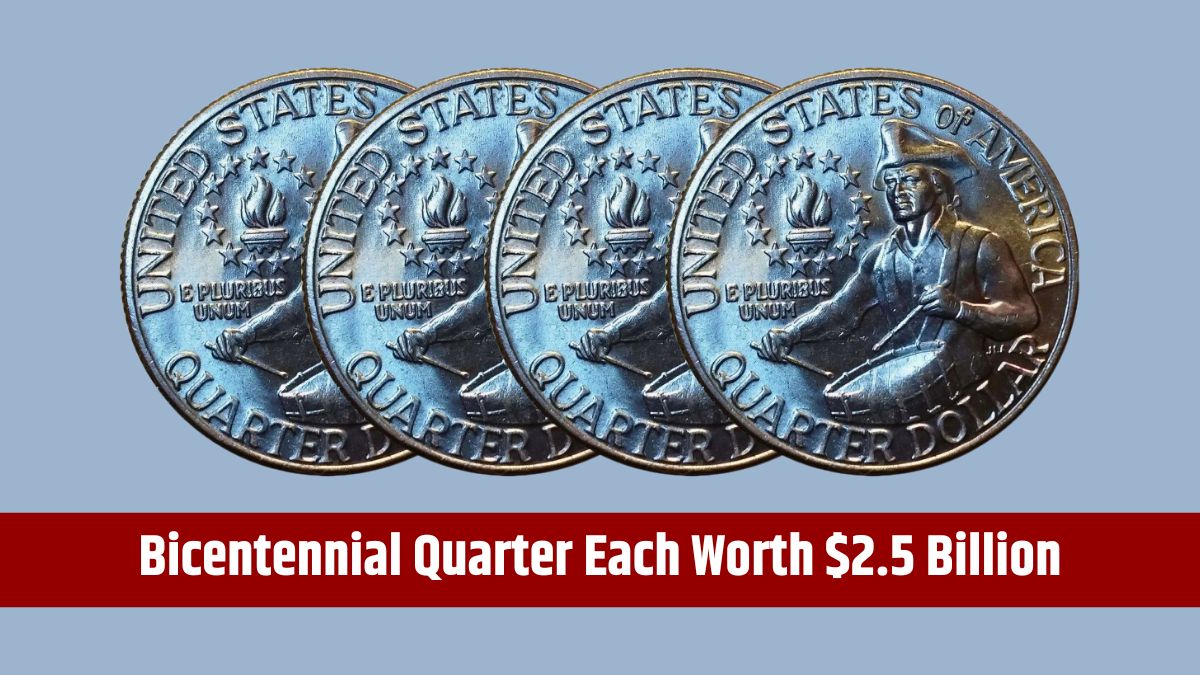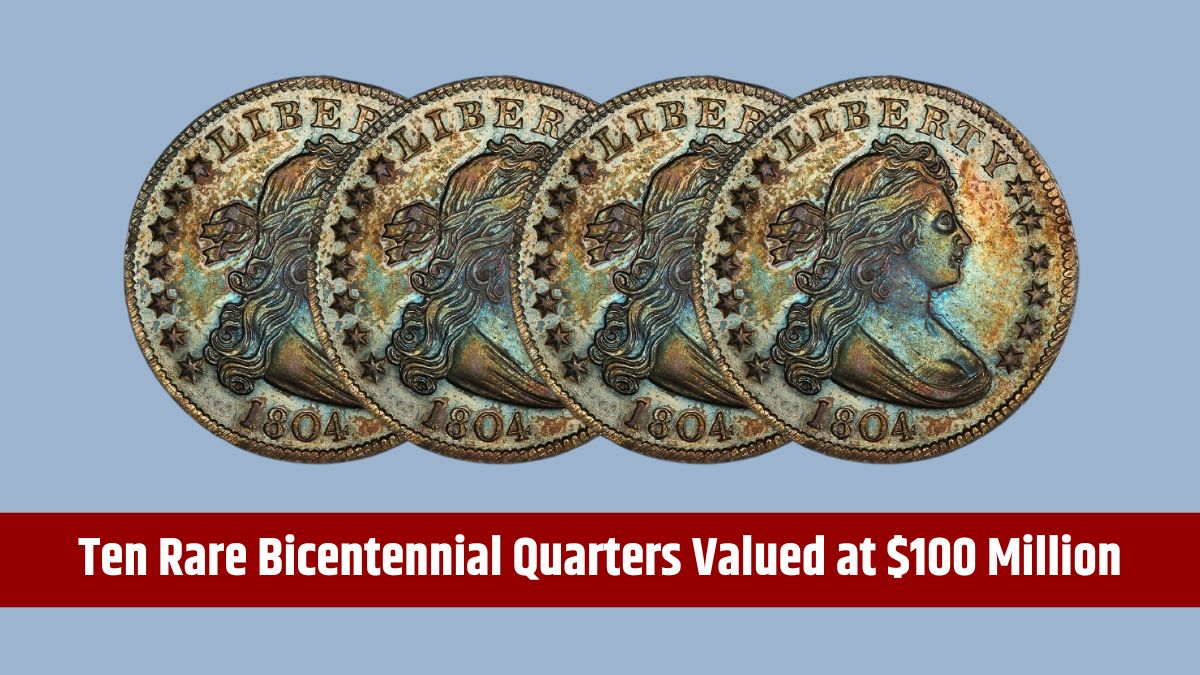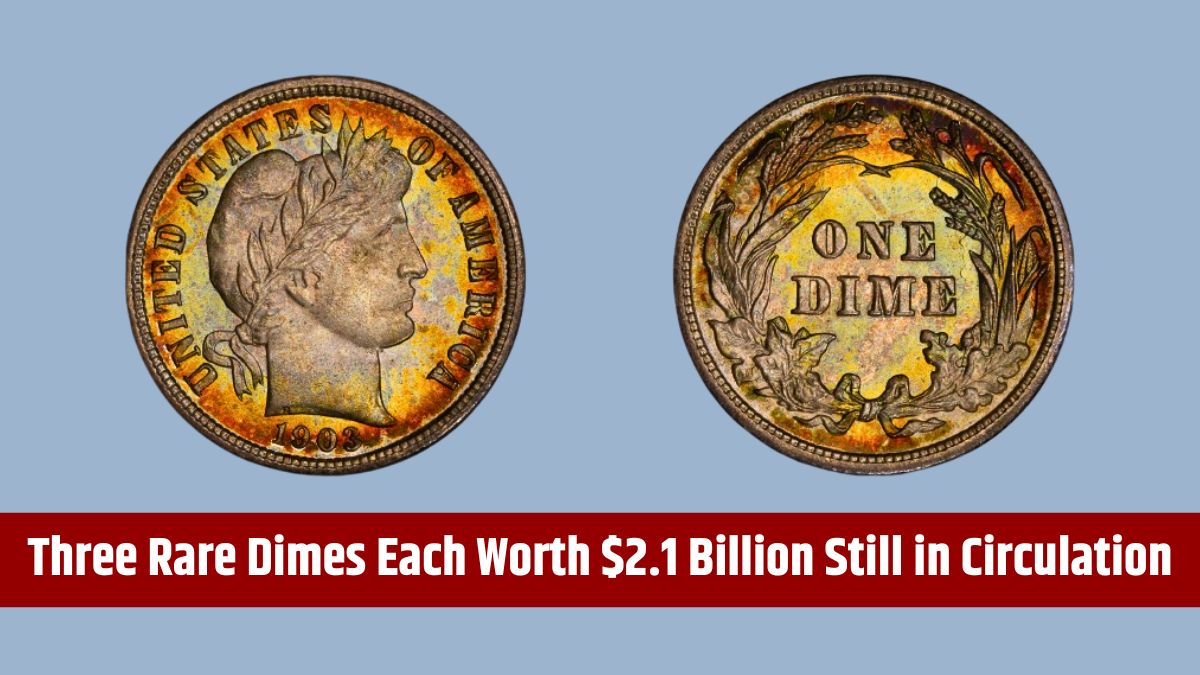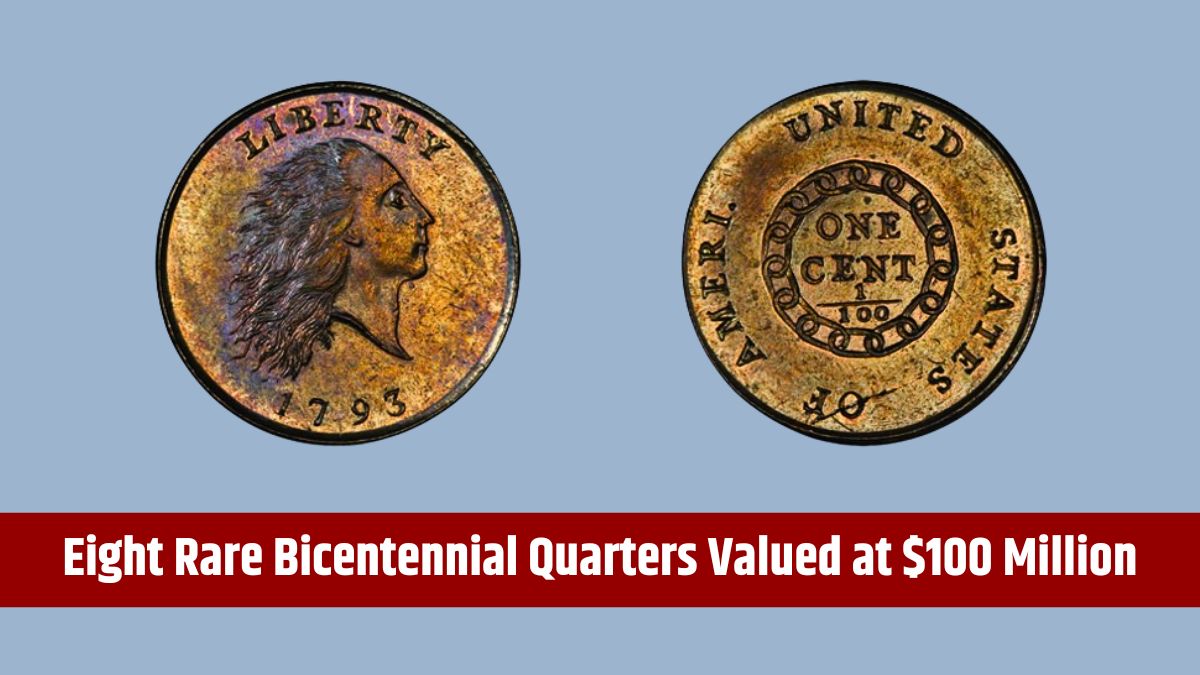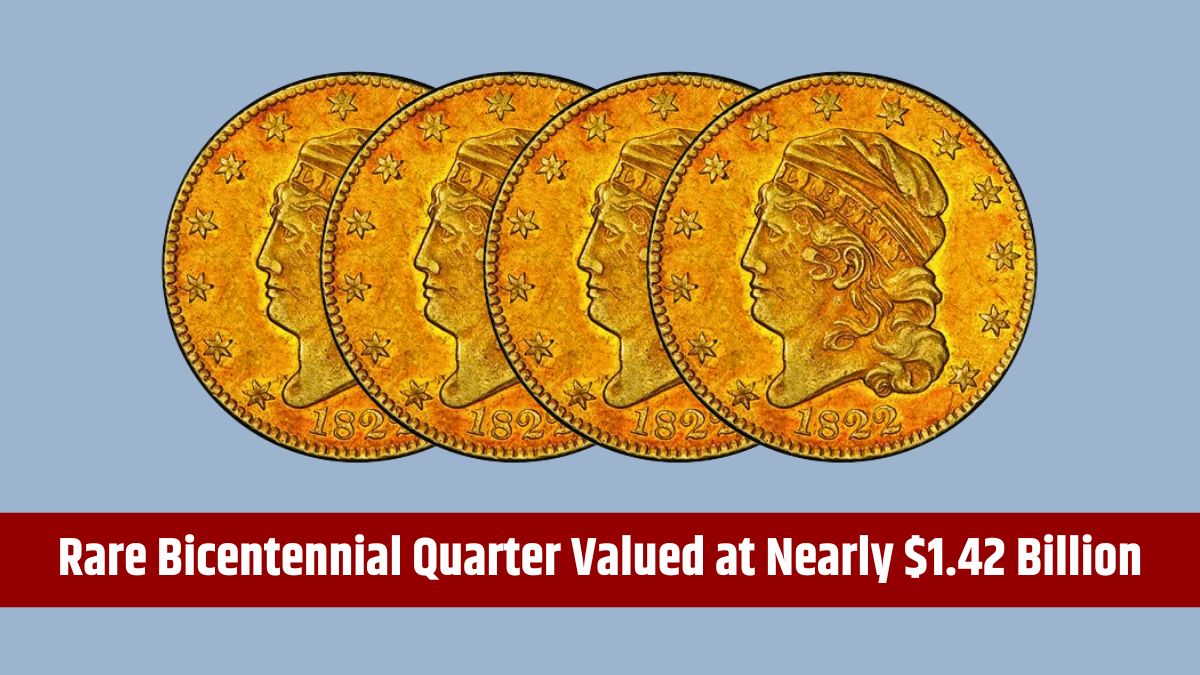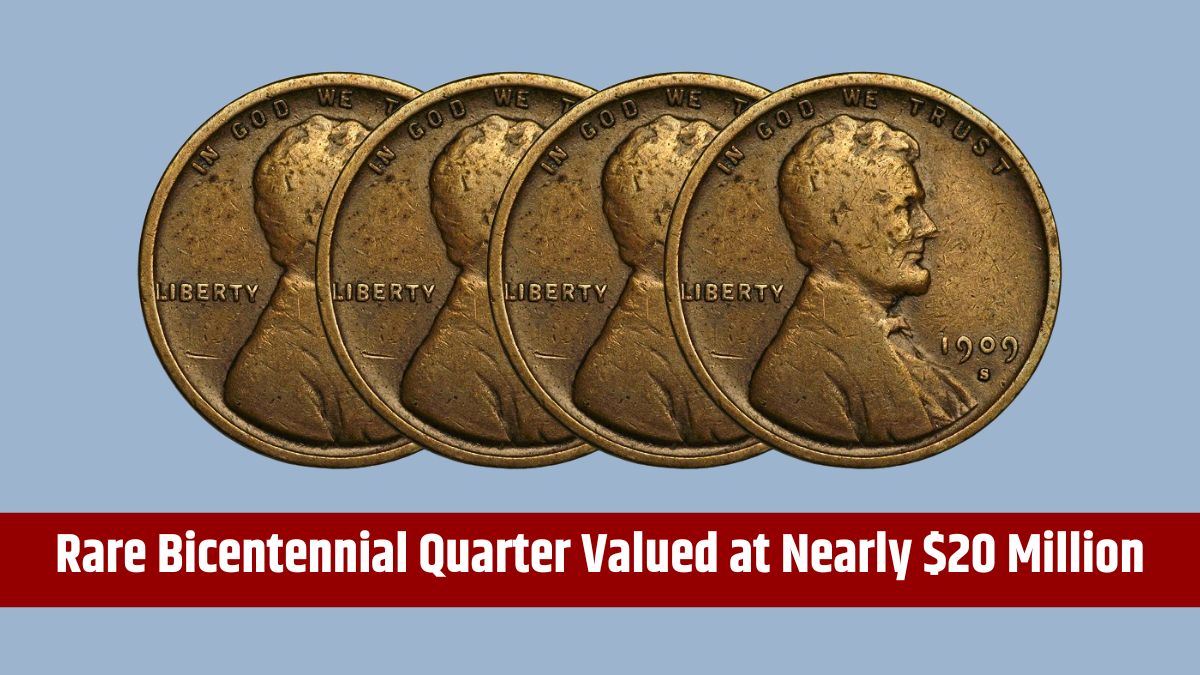The Internal Revenue Service (IRS) plays a crucial role in tax collection and administration in the United States. While many people refer to certain IRS payments as “bonuses,” it’s essential to clarify that the IRS doesn’t typically issue bonuses in the traditional sense.
Instead, payments often stem from tax refunds, stimulus initiatives, or credits designed to provide financial relief. This article looks into the concept of IRS “bonus payments,” provides updates, and helps you distinguish between actual bonuses and other types of IRS payments.
IRS Payments
Taxpayers often confuse refunds and other payments from the IRS as “bonuses.” However, these are generally not bonuses but returns or credits of your own money. Here’s a closer look:
Refunds Aren’t Bonuses
When you file your tax return and discover you’ve overpaid your taxes throughout the year, you receive a refund. This refund is simply returning the excess money you paid, not an extra reward or bonus. It’s your money being returned after reconciling your actual tax liability with what you paid.
Stimulus Payments
In response to economic downturns, such as the COVID-19 pandemic, the federal government, through the IRS, has issued stimulus payments to taxpayers. These payments are meant to provide financial relief during challenging times and are not considered bonuses. Their purpose is to boost the economy by putting money back into the hands of consumers quickly.
Earned Income Tax Credit
The Earned Income Tax Credit is a significant refundable credit for low to moderate-income earners. While this credit might feel like a bonus due to the refund it generates, it’s based on your eligibility and income level. The EITC aims to reduce the tax burden on working families and can result in a refund larger than the taxes paid, but it’s still not a “bonus” in the traditional sense.
Breakdown
The IRS’s role is primarily focused on tax collection and administration, not on issuing bonuses. However, certain situations lead to payments that some might mistakenly call bonuses:
| Type of Payment | Explanation |
|---|---|
| Tax Refund | Return of overpaid taxes after filing a tax return. |
| Stimulus Payment | Financial relief issued during economic crises, like COVID-19. |
| Earned Income Tax Credit (EITC) | Refundable tax credit for low to moderate-income earners. |
| Correction of Overpayment | If you overpay estimated taxes or withholding, the excess is refunded. |
| Misuse Prevention Payments | The IRS is combating abusive tax strategies, ensuring fair compliance. |
These payments are mechanisms for ensuring taxpayers do not overpay their taxes and receive refunds when appropriate. They are not extra rewards or bonuses from the IRS.
Recent IRS Updates
The IRS continuously evolves to address challenges, close loopholes, and ensure a fair tax system. Here are some of the latest updates from the IRS:
Combating Tax Loopholes
The IRS is intensifying efforts to prevent the misuse of tax loopholes by wealthy individuals, particularly those involving complex partnership transactions. These abusive strategies have allowed some to unfairly reduce their tax liabilities, and the IRS is cracking down on these practices to ensure fairness.
High-Income Compliance
High-income taxpayers are under increased scrutiny as the IRS works to ensure that they pay their fair share. The IRS is dedicating more resources to auditing and enforcing tax laws among those with substantial incomes, reflecting a broader effort to close the tax gap.
2024 Nationwide Tax Forum
The IRS has announced its 2024 Nationwide Tax Forum, offering educational seminars on various topics, including tax security, fraud prevention, and new tax laws. This forum is an excellent resource for tax professionals to stay updated on the latest developments and best practices.
Stay Informed
While the IRS doesn’t issue “bonus payments,” they do play a crucial role in administering tax refunds, credits, and other forms of financial relief. It’s also vital to stay aware of scams. Fraudsters often impersonate the IRS to steal personal information or money. Remember, the IRS will never demand immediate payment or threaten arrest through phone calls or emails. Refunds are sent via direct deposit or check—not gift cards or money transfers.
By staying informed and distinguishing between actual IRS payments and the myth of “bonuses,” you can manage your finances better and avoid potential scams. Keep up with official IRS communications and use trusted resources to stay ahead.
FAQs
Does the IRS give bonuses to taxpayers?
No, the IRS does not give bonuses. Refunds or credits are not bonuses.
What is the EITC, and is it a bonus?
The EITC is a refundable tax credit for eligible taxpayers, not a bonus.
Are stimulus payments considered bonuses?
No, stimulus payments are financial relief measures, not bonuses.
How does the IRS combat tax loopholes?
The IRS intensifies efforts against abusive tax strategies, especially among high-income taxpayers.
Can the IRS refund be issued via gift cards?
No, the IRS only issues refunds via direct deposit or checks, not gift cards.

